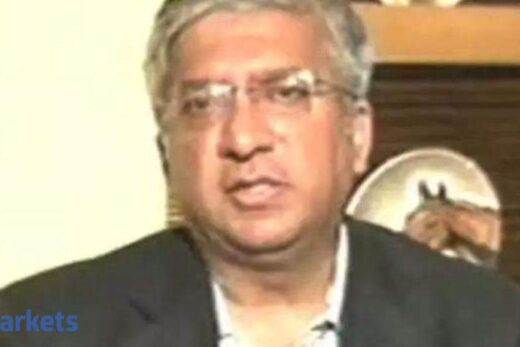I am Tania Jaleel
In this week’s ET Wealth Uma Shashikant of CIEL has written about the 8 money rules of early retirement
Many of us dream about retiring early, I mean who wants to be a slave to the man till whatever is the retirement age right
So, if you are someone who has been giving serious thought to retiring early, this podcast is for you
Here are the eight rules, according to Shashikant that one must follow for early retirement
First, building a corpus to fall back on is crucial
The corpus must be large enough to generate an income adequate to take care of the basics.
There must be enough money to pay for rent, food, utilities and education and perhaps leave a small surplus for indulgences.
This corpus must grow over the years, ideally at a rate that beats inflation.
Second, arriving at this corpus is not a function of just earnings, savings and investments.
It is about what the new lifestyle would be.
Is there a break from comforts, expenses, burdens, expectations of the present?
Without a clear understanding of how different that would be, quitting a job can be risky.
What earlier retirees saw as lifestyle compromise after retirement, the young are seeing as lifestyle rework.
Third, retirement needs to be about pursuing a different purpose in life.
Else it would be boring, hedonistic and wasteful.
Without making a choice about what it is one likes to pursue to meaningfully engage with the world, or the community one lives in, to contribute, to divert one’s energies into, early retirement can be harmful to mental and physical health.
Fourth, finding an alternative earning career is important.
One could choose to write, teach math or music, become a farmer, work as a tourist guide, or devote oneself to a cause one feels strongly about.
But all these pursuits must result in some income that can cover some expenses.
That will reduce the stress on the corpus.
Fifth, one needs to be mentally prepared for the change one is romancing about.
Living on a farm means getting comfortable with other life forms that will live with you; being willing to take what nature offers as heat, rains, and such unpredictable living conditions; being able to put up with lower levels of infrastructural comfort; being willing to cook each and every meal every day; and so on.
There is enough to dishearten the weak in many of these alternative propositions.
Sixth, one must be willing to consider how these lifestyle changes will impact what one does for entertainment, social interaction, schooling, healthcare, and such everyday decisions that urban living allows one to take for granted.
Many desire travel as their priority.
Travel calls for good levels of physical fitness; willingness to put up with physical discomforts of travel; Comfort with new environments, languages and food; and so on.
Seventh, one should be open minded about calling off the experiment and returning to the mainstream if that is needed.
Many like to take what they call a ‘break’ so they are able to experiment with an alternative and then make a choice.
The early days of romanticising work from home and enjoying freshly cooked homefare with closed ones, has given way to frustration about being trapped indoors in these last 18 months.
Novelty wears off faster than we imagine.
Eighth, retiring early and beginning a new life should not mean throwing away the fundamental principles of personal finance.
One will still need wealth management and asset allocation; one will have to be adequately insured; one must monitor how the assets are performing; and one must actively ensure that the money is working hard even if one has retired to a more sedentary existence.
The number of years one must fight inflation means the assets must grow in value-both from investment in growth avenues and regular accretion and accumulation of the corpus.
There is no harm in contemplating early retirement. But thinking through the elements of both financing it and sustaining it are quite underestimated it would seem, concludes Shashikant.
And on that note that will be all for this week
Come back next week for more wealth wisdom



